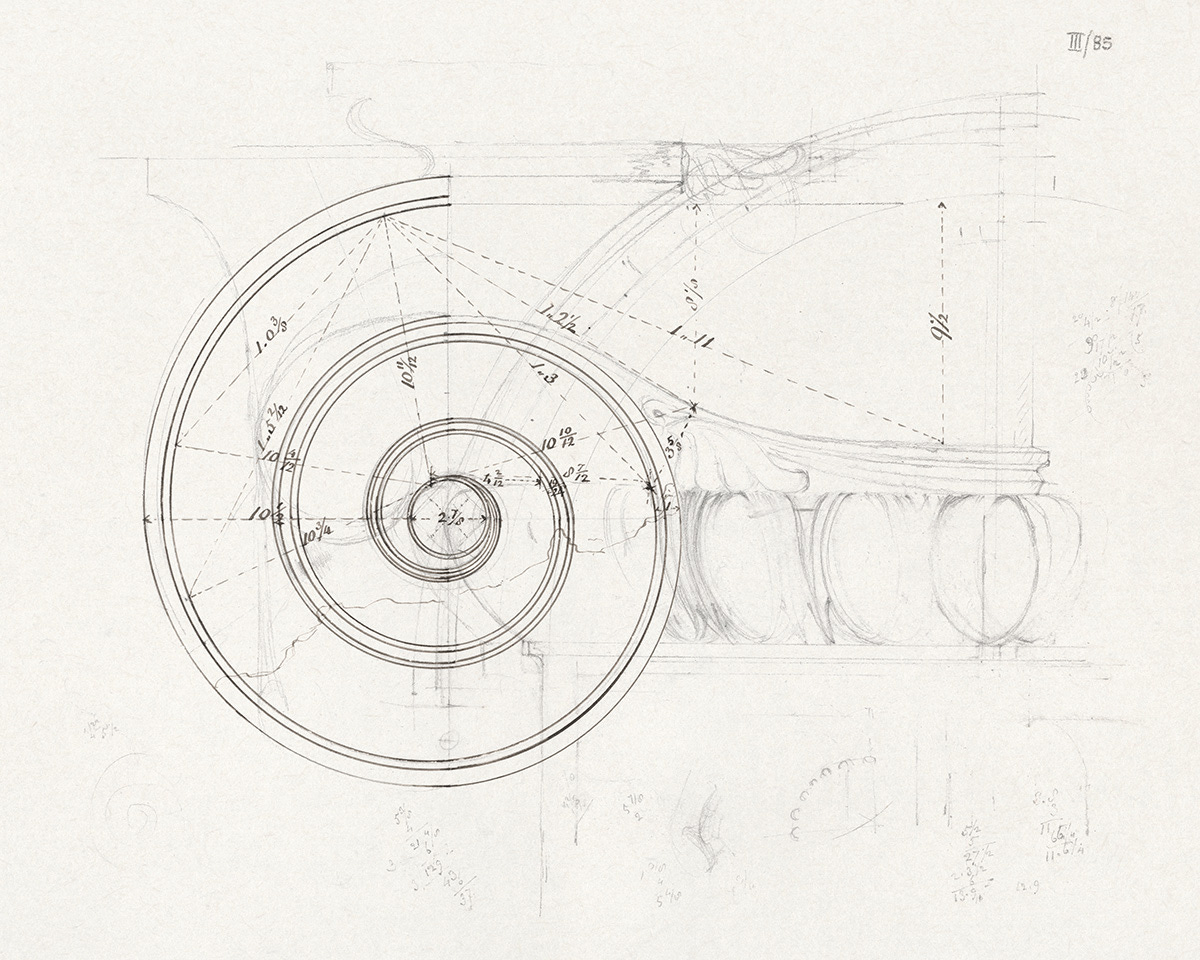As a Christian economist, I often contemplate what economic future we might build toward. I perceive five options, though some may be inappropriate or impractical, and one is clearly wrong.
First, as Christians, we could work to build a separate economy with foundations in Christ. However, this approach is not appropriate. As John 17 recognizes, we are in the world even though we are not of it. We don’t need a grand or distinct Christian economics, just one that is authentic and normed by Scripture.
Second, we could work to rebuild the economy on the foundation of Christ. As 1 Corinthians 3 suggests, a foundation built on Christ is the only one that will survive final judgment. Wonderful as this is, it will not occur without changes of hearts or coercion, the latter of which is also inappropriate. Still, it does not hurt to contemplate what such an economy could look like and how we might yield an approximation or second-best solution for such an economy.
Third, policies and policy areas themselves can be built on a foundation of Scripture and Christ. If the economy were a house, a room could be added or remodeled here or there. Such policies would demonstrate to the wider world the applicability and relevance of our faith to contemporary issues in concrete ways and without coercion.
Fourth, with our foundation in Scripture, we could serve the economic building or remodeling process as design critics. We might recommend a window that will let God’s light shine in. We might recommend a door that will open the way to new understanding as to the relevance of our faith. We might even recommend an additional bedroom that could house those shut out by the existing economy. Sometimes it might be fine and appropriate just to sound the alarms as the Old Testament prophets did, even if no one is listening. However, Micah 4:1-4 reminds us that others may listen and even seek out good advice from Christians in the economic sphere. Regardless, Micah 4:5 calls us to serve our God even in a pluralistic world.
Now, the fifth option is what we don’t want. We do not want to be Babel builders. I am referring here, of course, to the Tower of Babel in Genesis 11, where builders developed their own plans separate from God to reach the heavens. Even the Church can be brought into the world’s way of building and be complicit in the evils of the day.
Of the five building options before us, I am partial to the design-critic one. Why? It certainly seems the least glamorous. However, it does not require us to be in the citadels of power. It does not require a fully fleshed out school of thought. It does allow us, though, to focus not only on what is being done policy-wise but also on what is missing, what is still needed for the economy. Those needs may differ from one place to another and from one time to another. So there will not be a one-size-fits-all Christian economic policy answer.
Given all of this, there is much Christians can do to help build a better economic future. Drawing inspiration from Matthew 9:37 and Luke 10:2, the building is plenty, but the workers are few.
Finally, Isaiah 58:12 notes that if we seek justice and righteousness and work toward the needs of the poor and oppressed “your ancient ruins shall be rebuilt; you shall raise up the foundations of many generations; you shall be called the repairers of the breach, the restorer of streets to dwell in.”
May we build toward that future. Build as what matters to God matters to us. Build not to bring forward the kingdom of God in our own perception and power, but to better reflect the kingdom of God.
Prof Robert C. Tatum is the Cary Caperton Owen Distinguished Professor in Economics, University of North Carolina Asheville, and a Senior Research Fellow of KLC.






